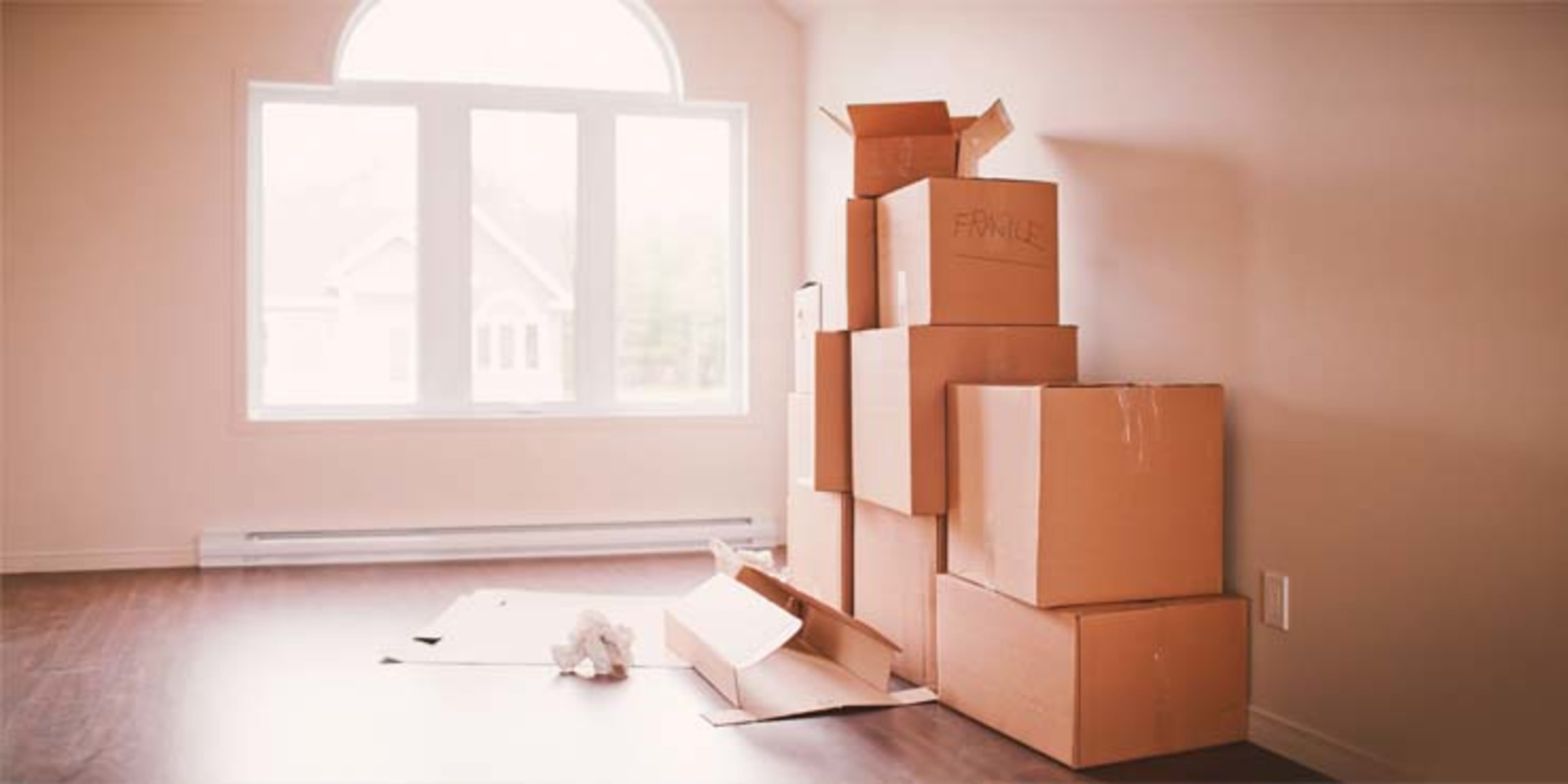
2024

Best Moving Companies
Find a Top-Ranked Moving Company Near You
We did the research for you!
- Licensing
- User Reviews
- Mystery Shopping Calls
Learn about our selection process.
Top Moving Companies
= Featured Provider
New York, NY
Oz Moving & Storage
228 E 45th Street, Suite 1005, New York, NY 10017Expertise.com Concierge Service
New York, NYCheap Moving NY
Brooklyn, NY 11235
Los Angeles, CA
Shleppers Moving & Storage
7423 Varna Avenue, Los Angeles, CA 91605Clutter Moving & Storage
Los Angeles, CAJFK Moving Company
Los Angeles, CA 90020
Chicago, IL
Alliance Moving & Storage
4305 North Lincoln Avenue, Chicago, IL 60618All Country Van Lines
433 Plaza Real ste 275, Boca Raton, FL 33432Those Movers LLC
3434 E. 95th St, Chicago, IL 60617
Queens, NY
Tony's Moving Corp.
69 Wesley St Unit 12, South Hackensack, NJ 07606Metropolis Moving
476 Jefferson St, Brooklyn, NY 11237Expo Movers
4700 Northern Blvd, Long Island City, NY 11101
Houston, TX
3 Men Movers - Houston
6805 Sands Point Dr., Houston, TX 77074Afa Movers
Sugar Land, TX 77478A1 Freeman Moving Group
9619 Kirkton Dr, Houston, TX 77095
Phoenix, AZ
Sterling Interstate
Phoenix, AZ 85022Dose Moving
2550 E Mohawk Lane Suite 190, Phoenix, AZ 85050Lifetime Moving & Storage, LLC
Phoenix, AZ 85009
Philadelphia, PA
Olympia Moving & Storage, LLC
Thorofare, NJ 08086EverSafe Moving Co.
8701 Torresdale Ave, Philadelphia, PA 19136Philadelphia Movers
600 Red Lion Road, Philadelphia, PA 19115
San Antonio, TX
AB Moving - San Antonio
San Antonio, TX 78247Einstein Moving Company - San Antonio
San Antonio, TX 78217Alpha Omega Movers
San Antonio, TX 78251
Dallas, TX
Around The Clock Movers
Dallas, TX 752523 Men Movers Dallas
7055 John W. Carpenter Fwy, Dallas, TX 75247Moving Company Guys - Dallas
3333 Lee Parkway, Dallas, TX 75219
San Diego, CA
Cali Moving & Storage
13899 Carmel Valley Rd, San Diego, CA 92130San Diego Moving Company
San Diego, CA 92121Rhino Moving, LLC
4561 Mission Gorge Pl, Suite A, San Diego, CA 92120
Top Moving Companies in other locations
- Moving Companies in Baltimore, MD
- Moving Companies in El Paso, TX
- Moving Companies in Boston, MA
- Moving Companies in Milwaukee, WI
- Moving Companies in Denver, CO
- Moving Companies in Seattle, WA
- Moving Companies in Nashville, TN
- Moving Companies in Washington DC
- Moving Companies in Las Vegas, NV
- Moving Companies in Portland, OR







.jpg)



.jpg)
.jpg)


.jpg)
.jpg)




.jpg)




.jpg)




.jpg)